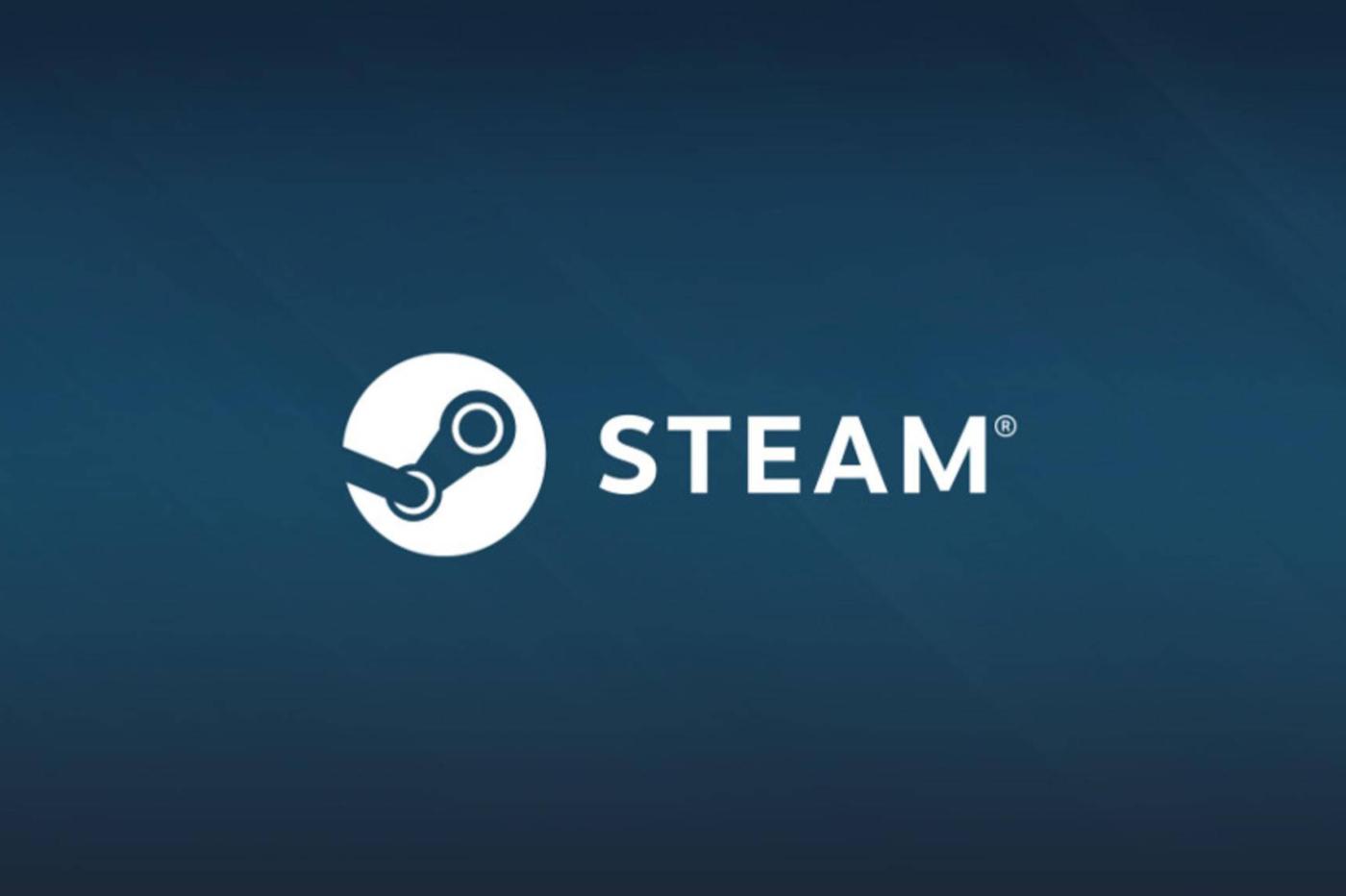
Linux Foundation Europe has announced the official constitution of the OpenWallet foundation, which will be responsible for the development of open source software to support the interoperability of various virtual wallet use cases. These include making payments, proof of identity, and storing validated credentials for jobs, education, financial status, and entitlements. Its purpose is to boost confidence in the digital future.
Sponsoring members of the OpenWallet Foundation include Accenture, Gen, Futurewei and Visa, as well as American Express, Deutsche Telekom/T-Systems, esatus AG, Fynbos, Hopae, IAMX, IDnow, Indykite, Intesi Group, Ping Identity, SmartMEdia Technologies (SMT), Spruce and Swisscom.
There are another twenty NGOs and academic and government entities that have joined the OpenWallet Foundation. Among them are Customer Commons, Decentralized Identity Foundation (DIF), Digital Identification and Authentication Council of Canada (DIACC), Digital Dollar Project, Digital Identity New Zealand (DINZ), Digital Identity and Data Sovereignty Association (DIDAS), DizmeID Foundation (DIZME ), Hyperledger Foundation, Information Technologies ics and Telematics Institute / Center for Research and Technology Hellas (CERTH/ITI), Johannes Kepler University Linz, ID2020, IDunion SCE, Mifos Initiative, MIT Connection Science, Modular Open Source Identity Platform (MOSIP), OpenID Foundation , Open Identity Exchange (OIX), Secure Identity Alliance (SIA), the Rovira i Virgil University and the Trust Over IP Foundation (ToIP).
The OpenWallet Foundation (OWF) will not, of course, publish a wallet by itself. Nor will it offer credentials or create new standards. What it will deal with is try to make your open source software engine become the core that other organizations and companies use to create their wallets digital. These will look for feature parity with the best available, as well as interoperability with major cross-border projects, including the EU digital identity wallet.
OWF has also released the report Why the World Needs a Digital Code Wallet Right Now, reflecting that digital wallets are the world’s leading payment method for e-commerce and point-of-sale retail. There are hundreds of digital wallets, but they have various problems: vendor lock-in, lack of interoperability, questionable security, and limited capabilities.
There are several new wallets in development, but if you don’t go for full synchronization, according to the report, each country or organization issuing your credentials may be left in isolation. IDs and wallets from other places would not work in other countries. This could disrupt the mobility of students and workers, and make travel more difficult. Hence, an engine for wallets is necessary, which they use for the development of these, and thus guarantee that interoperability is integrated. Just what the OpenWallet Foundation wants to achieve.
Daniel Godscheider, Founder of the OpenWallet Foundationhas stressed that «the Wallets are critical infrastructure for payments, identity, and secure access. Driven by collaboration between large and small businesses, non-profit organizations and government officials, open source is a great model of vital infrastructure for digital societies that benefits everyone. By putting open source at the core of wallets, as it already is for web browsers, anyone can create a digital wallet that works with others, giving consumers the freedom to keep their identity and verifiable credentials and share relevant data when they need to. , where and with whom they choose«.
As to Gabriele Columbro, Managing Director of Linux Foundation Europeremember that “andhe world needs a place to store important digital assets, and the work of this foundation has the potential to redefine the credential landscape globally, while creating much better digital experiences for people everywhere and new market opportunities. The EU has been a leading force on data privacy and consumer protection, and efforts like those of OWF offer a concrete opportunity for policymakers to “take a left turn” in their engagement, allowing a continuous and transparent feedback loop between regulation and regulated technology. That is why we are pleased to bring together such a relevant group of players from different sectors in OWF, under the auspices of Linux Foundation Europe» .



